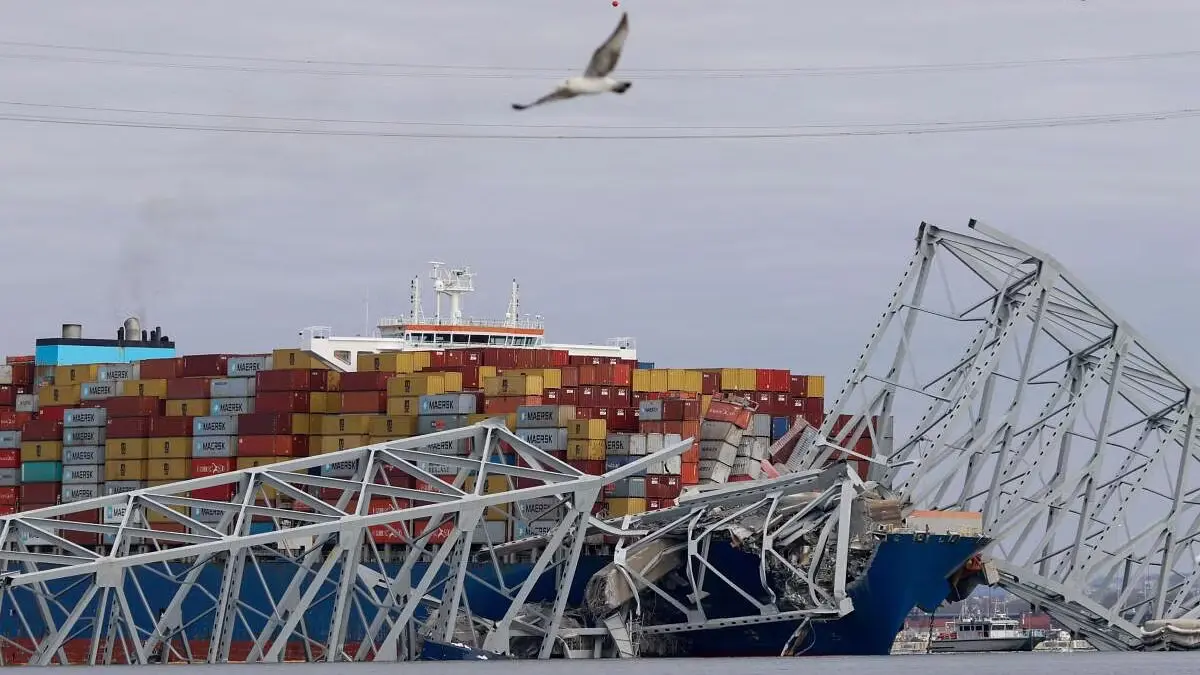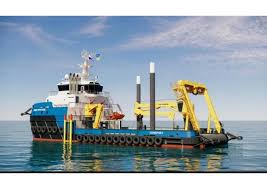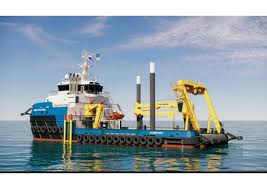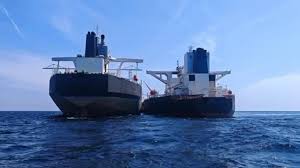The collapse of a major bridge in Baltimore is set to halt coal exports for up to six weeks, affecting global energy supply chains.

A significant bridge collapse in Baltimore on Tuesday is expected to disrupt coal exports from the port for as long as six weeks, affecting the transport of approximately 2.5 million tonnes of coal, according to Ernie Thrasher, CEO of Xcoal Energy & Resources LLC.
With the US exporting about 74 million tonnes of coal last year, Baltimore ranks as the second-largest terminal for coal shipments. The disruption in coal transportation threatens to disturb global energy supply chains, which have only recently recovered from pandemic-related slowdowns.
Thrasher highlighted the challenges of diverting coal shipments to other ports, noting that Baltimore accounts for less than 2 percent of global seaborne coal shipments. However, he emphasised that the impact on global coal prices may be minimal, with the majority of Baltimore’s coal exports directed towards India for electricity generation purposes.
India, with an annual coal demand exceeding 1 billion tonnes, imported approximately 238 million tonnes of coal in the last fiscal year, with around 6 percent sourced from the US. Baltimore accounted for approximately 12 million tonnes of these imports, according to analytics firm Energy Aspects.
While marine traffic in Baltimore is expected to be disrupted for two to three weeks at most, Energy Aspects anticipates that some coal shipments may be temporarily redirected to other ports, including Norfolk, Virginia. The incident underscores the vulnerability of global supply chains to unexpected disruptions, particularly in the energy sector.
Source: Business Standard










